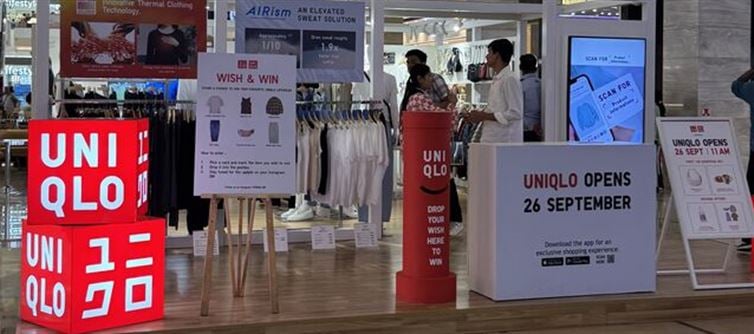
Pune just got a little more global. The Pavilion Mall has officially welcomed UNIQLO, Japan’s minimalist fashion giant, marking the brand’s very first store in the city. For pune, this isn’t just about another mall opening — it’s a signal of the city’s growing weight on the global retail map.
Why Pune? For years, the city has been quietly transforming from a student hub into a cosmopolitan business powerhouse. With its young, upwardly mobile population, thriving IT parks, robust manufacturing backbone, and increasing global exposure, pune is now the kind of city international brands don’t want to miss.
The move by UNIQLO shows a bigger shift: global retailers are no longer restricting themselves to India’s traditional metros like Mumbai, Delhi, or Bengaluru. They’re betting on “next-tier metros” — cities like pune, Hyderabad, and ahmedabad — where aspirational consumers are ready for global experiences.
But here’s where the story gets more interesting: while brands like UNIQLO bring Japanese precision and design philosophy to India, Indian homegrown labels are making their own mark on the world stage. Whether it’s in textiles, lifestyle, or tech-driven fashion, indian companies are no longer just keeping up — they’re shaping global trends.
This creates a fascinating two-way street:
Global brands bring fresh retail experiences to indian consumers.
Indian players inject cultural insights and innovation into the global marketplace.
At Christronics, we see this dynamic play out not just in retail but also in the way companies think about employee engagement, events, and even corporate gifting. When global design meets indian sensibility, it sparks creativity that resonates with both local and international audiences.
So, as pune embraces UNIQLO, it’s worth asking:
👉 Are we moving toward a future where global names dominate the shelves, or one where Indian brands lead the narrative while welcoming international collaborations?
Either way, Pune’s evolving identity proves one thing — India’s retail story is no longer just about metros. It’s about the rise of ambitious, culturally-rich cities ready to host the world.




 click and follow Indiaherald WhatsApp channel
click and follow Indiaherald WhatsApp channel